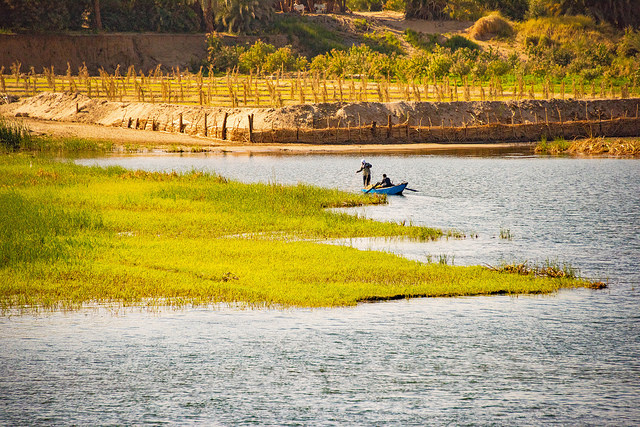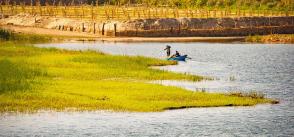
Egypt food security in wake of climate change and water scarcity
Egypt has relied on the Nile, the world’s longest river, as the main source of fresh water, since the time of the Pharaohs. For thousands of years, annual floods dumped rich silt on the river’s banks, allowing the country to serve as a Mediterranean bread basket.
However, with the completion of the Aswan High Dam in 1970, the annual flood became a thing of the past, and soon Egypt might be unable to even support its surging population, which currently accounts for over 90 million citizens.
Food security challenges
In May, the Egyptian Minister of Water Resources and Irrigation, Mohamed Abd El-Ati, has declared a state of extreme emergency as part of the ministry’s plan to get ready for the summer crop season. Abd El-Ati has also launched a campaign in order to limit and eliminate heavy water consumption crops, especially rice.
Egypt has an intensive agricultural sector, with around 5m feddans of crops farmed annually by Egyptian farmers. Such intensive agricultural leads can create problems, such as salinisation, water logging, and nutrient depletion.
According to the Ministry of Water Resources and Irrigation, Egypt’s agriculture sector annually consumes more than 85% of the country’s share of Nile water. Despite the fact that part of Egypt’s fertile land was lost due to urbanisation, this has been balanced by expansion of agricultural areas.
Read the full article by Mohamed Samir via Daily News Egypt.
[Photo by Daniel Lewinski | Flickr]







